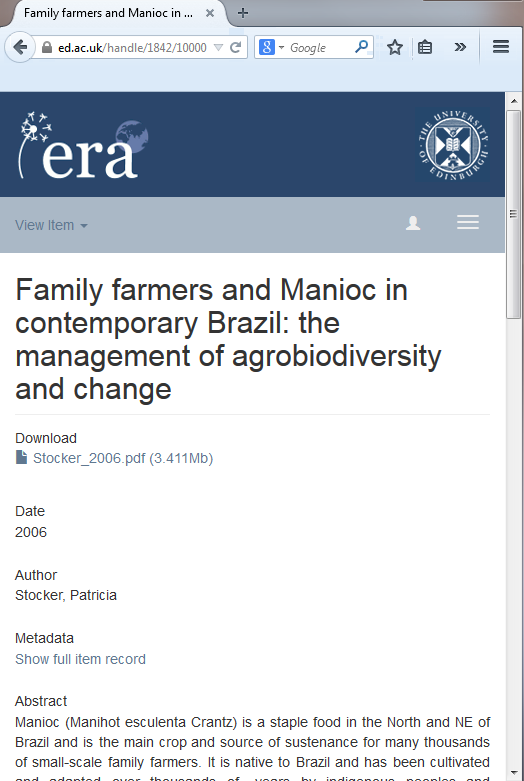An academic colleague of mine recently had an article accepted for publication in a journal. As usual they were emailed by the publisher who asked them to sign an Author Publishing Agreement which would transfer copyright to them. However, the author noticed that the publisher also allowed authors to retain their own copyright by instead signing a Licence to Publish.
Keep your copyright!
The researcher wasn’t sure whether to assign copyright to the publisher, or if it would be preferable for them to retain copyright. On the face of it, it seems like a no-brainer – keep your copyright rather than signing it away. This is the mantra that open access advocates have been saying for years.
BUT more importantly.
Always read the small print – or get someone else to do it for you – and understand what you are getting yourself into.
The illusion of choice
In this particular case, if you read both the standard Publishing Agreement (to transfer copyright) and the Licence Agreement (to keep copyright) with a fine-tooth comb you will find that they pretty much contain the same language verbatim. There is no practical difference between them both in the end results. Both the author and the publisher will end up with exactly the same rights for exactly the same duration. There is the illusion of choice but it literally doesn’t matter which piece of paper is signed. This is an example of Copyright Waffle and it sidetracks from the important things.
Important things:
- By hook, or by crook, make your work open access.
- If you don’t know how, then ask someone who does; generally speaking Librarians will always be able to help you.
- If you have the option, publish your work with a Creative Commons licence; CC-BY is our favourite flavour.











